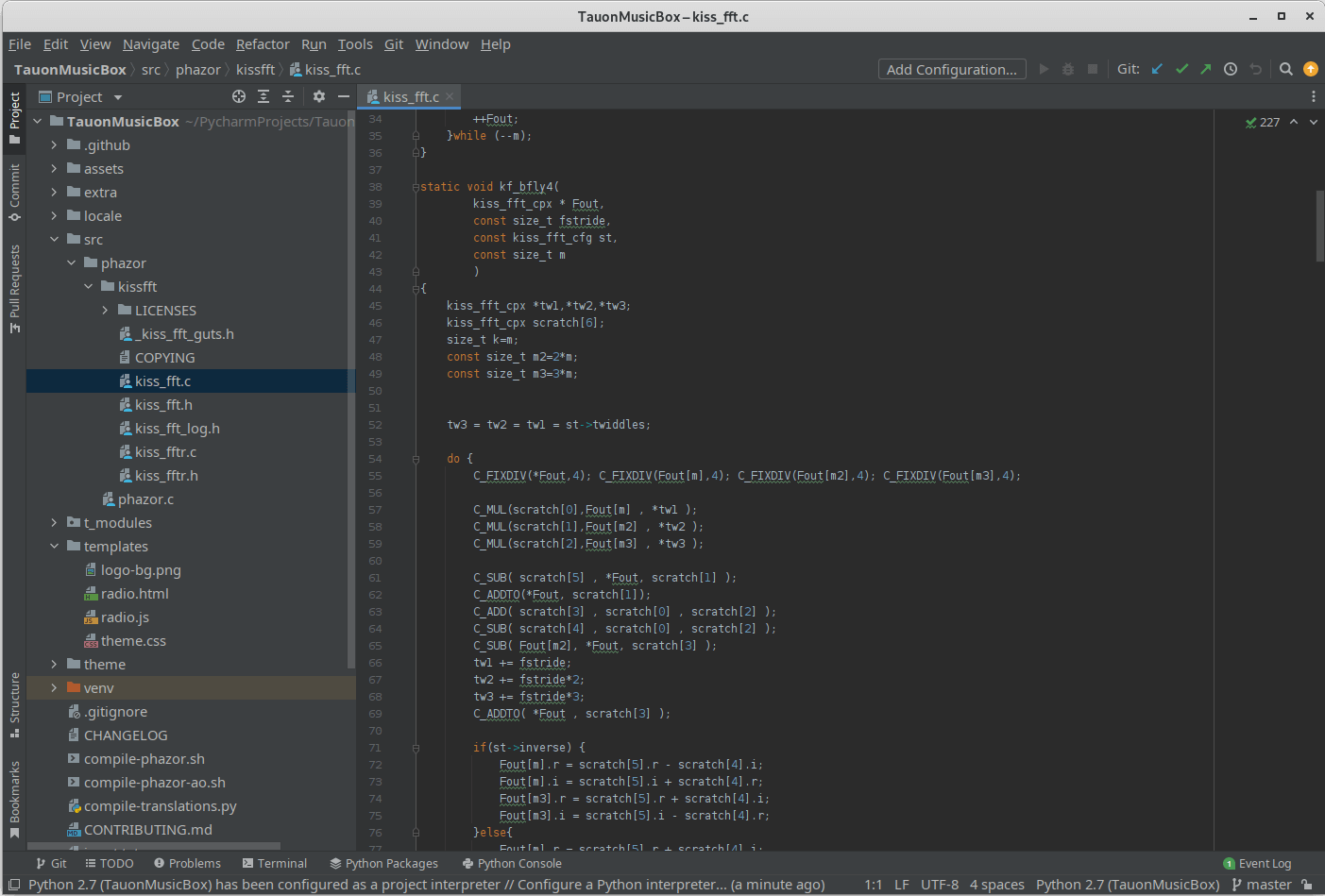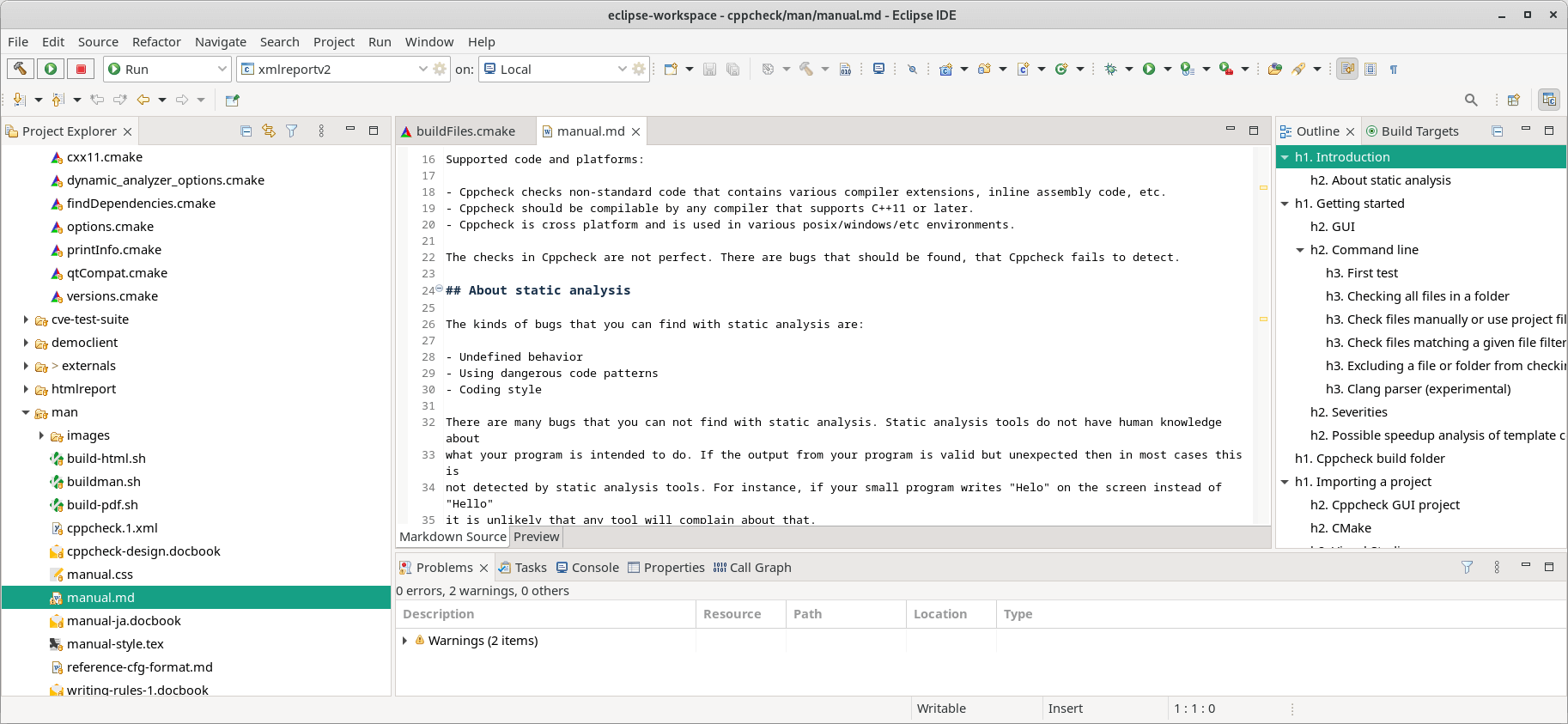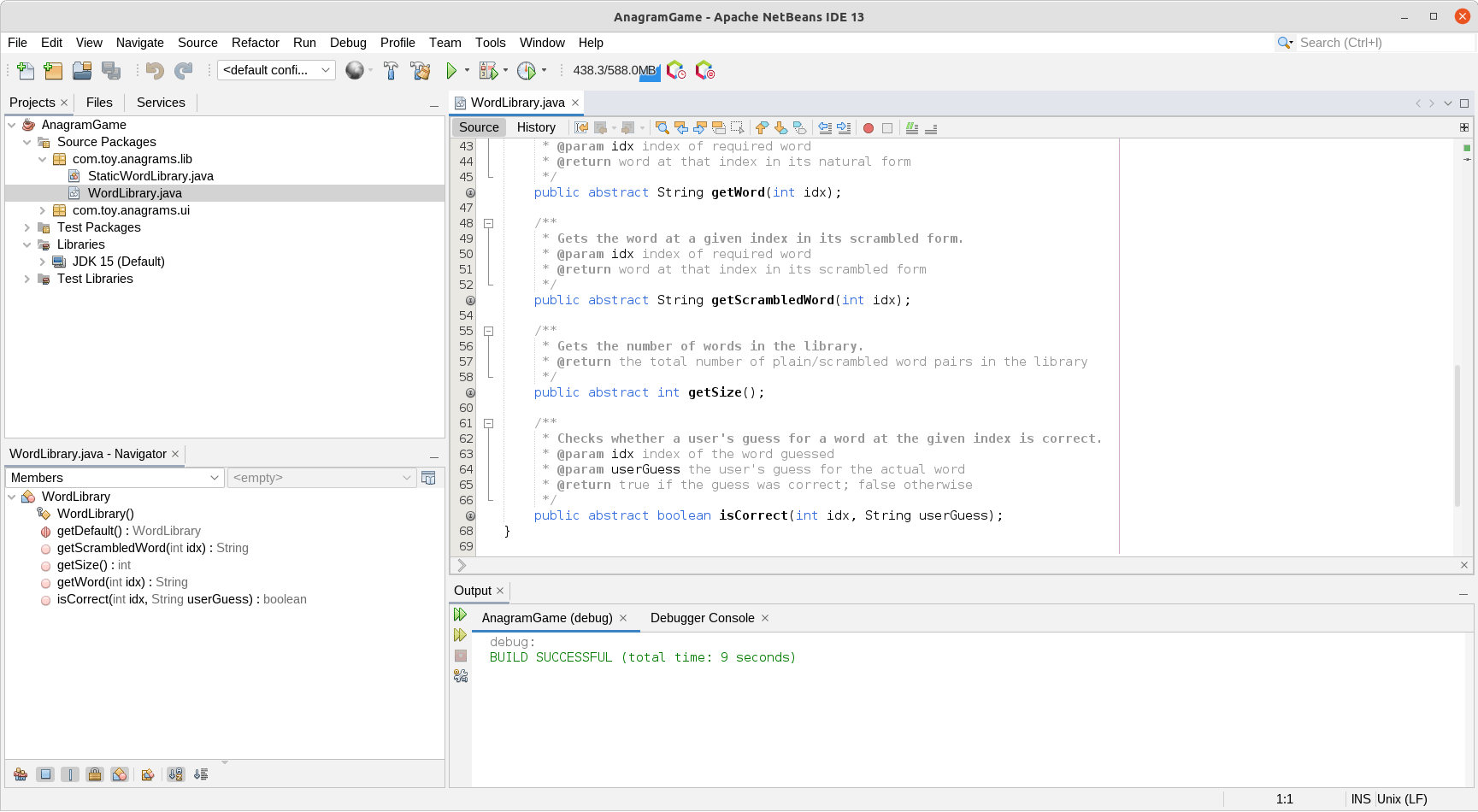Oracle is a computer technology corporation best known for its software products and services like Java.
In 2020, Oracle was the second-largest software company in the world by revenue and market capitalization. They employ over 130,000 people, and sell cloud-engineering services and systems and database management systems.
Oracle has a fairly prominent position with open source. They are a supporting member of the Linux Foundation, Cloud Native Computing Foundation, Eclipse Foundation, and the Java Community Process.
Through its acquisition of Sun Microsystems in 2010, Oracle also became the steward of many other important and long-running open source projects such as the Java programming language and the MySQL relational database, introduced in 1995. The acquisition of Sleepycat Software, brought the open source Berkeley DB key/value store.
The company co-develops the OpenJDK, an open source implementation of the Java Platform Standard Edition, and Btrfs, a B-tree file system. They also open source the Oracle Coherence Community Edition, NetBeans, and produce Oracle Linux which is a Linux distro compiled from Red Hat Enterprise Linux source code.
While Oracle develops and distributes open source software, they have many different business models. The majority of their products are published under a proprietary license. This series looks at free and open source alternatives to Oracle’s products.
![]() JDeveloper covers the full development lifecycle from design through coding, debugging, optimization and profiling to deploying.
JDeveloper covers the full development lifecycle from design through coding, debugging, optimization and profiling to deploying.
While JDeveloper is a free download it’s not published under an open source license. What are the best free and open source alternatives?
1. PyCharm
PyCharm provides code analysis, a graphical debugger, an integrated unit tester, integration with version control systems (VCSes), and supports web development with Django as well as data science with Anaconda
Like other IDE editors, PyCharm supports basic features like bookmarks, breakpoints, syntax highlighting, code completion, zooming, folding code blocks, etc. It also offers many advanced features like macros, highlighted TODO items, code analysis, intention actions, intelligent and fast navigation, and a lot more.

2. Eclipse IDE
Eclipse IDE is renowned for their Java IDE. It features the Eclipse Marketplace and workspace, good Git version control, Apache Maven integration and much more.

This is an IDE for C/C++ developers.
3. Apache NetBeans
NetBeans IDE allows applications to be developed from a set of modular software components called modules. It is developed by Apache Software Foundation and Oracle.

There are many other useful free and open source IDEs detailed here.
All articles in this series:
| Alternatives to Oracle's Products | |
|---|---|
| Business Intelligence is business analytics software that offers an integrated, end-to-end Enterprise Performance Management System. | |
| Business Process Management is a complete set of tools for creating, executing, and optimizing business processes. | |
| Database is a multi-model database management system often used for running online transaction processing, data warehousing and mixed database workloads. | |
| JDeveloper covers the full development lifecycle from design through coding, debugging, optimization and profiling to deploying. | |
| OC4J (Oracle Containers for J2EE) is a slimmed down version of Oracle Application Server. | |
| MySQL is a relational database management system. It runs as a server and allows multiple users to manage and create numerous databases. | |
| Siebel CRM delivers a combination of transactional, analytical, and engagement features to manage all customer-facing operations. | |
| TopLink is a mapping and persistence framework for Java developers. It is an object-persistence and object-transformation framework. | |
| Web Cache is a secure reverse proxy cache and a compression engine deployed between a browser and web server/content management server. | |
